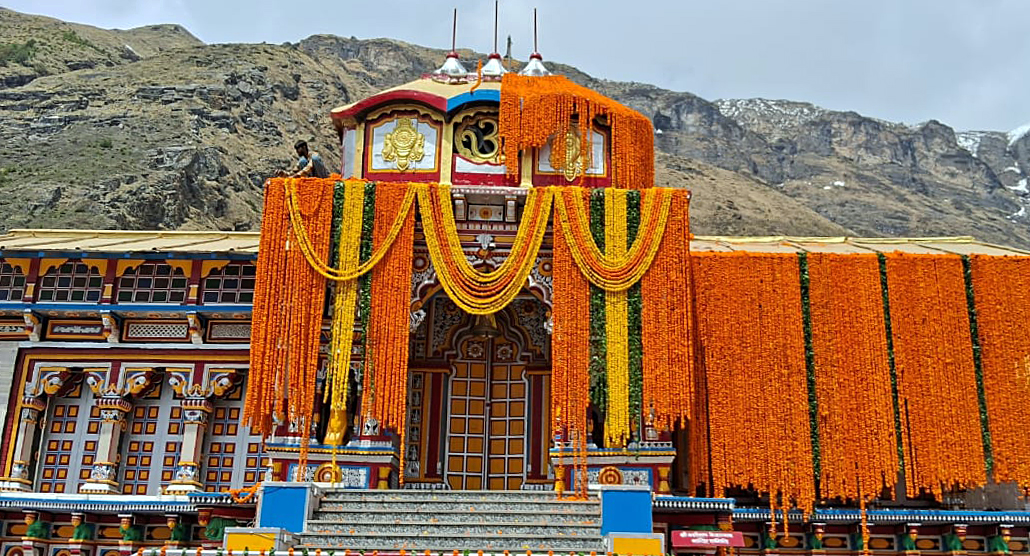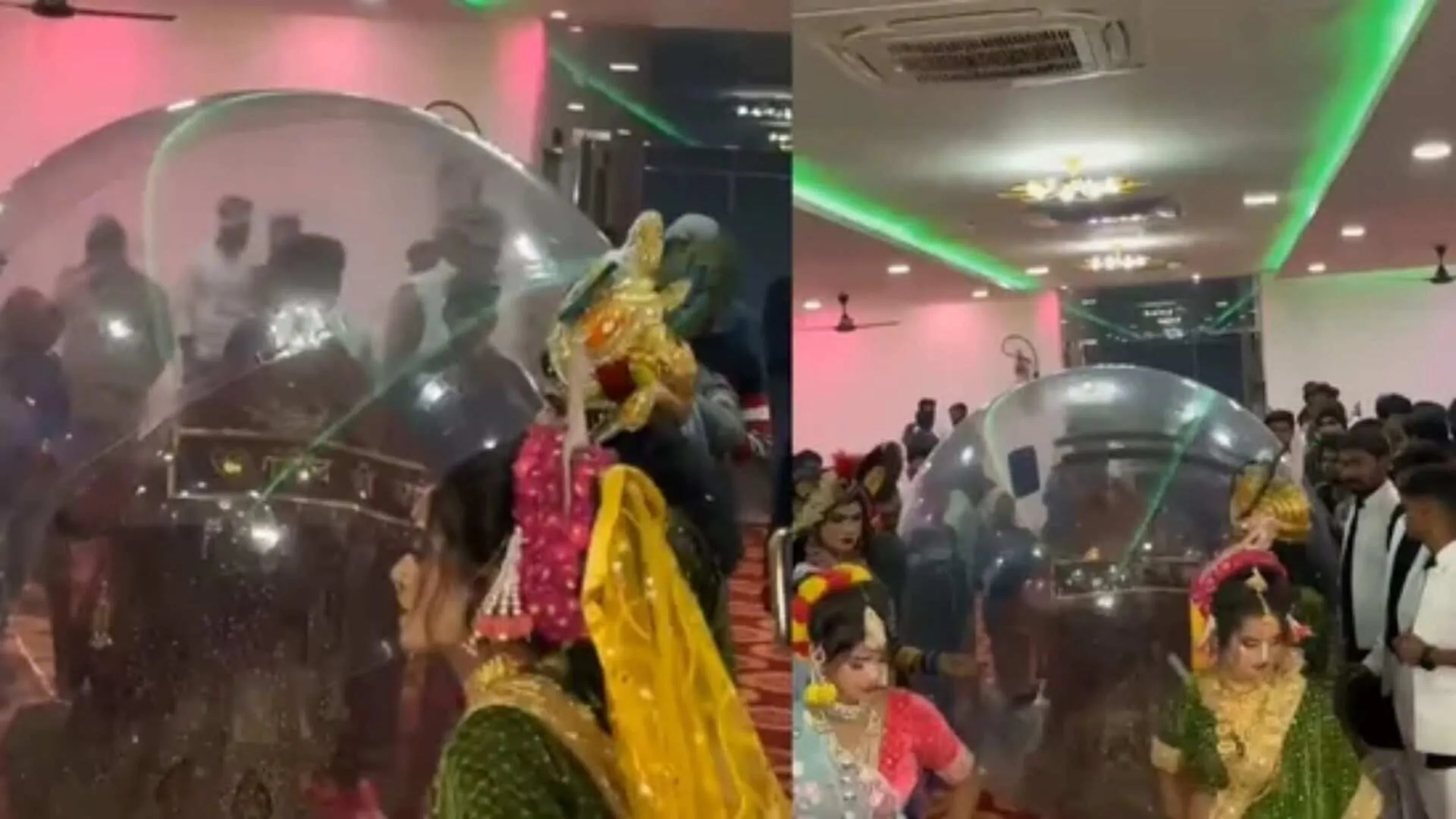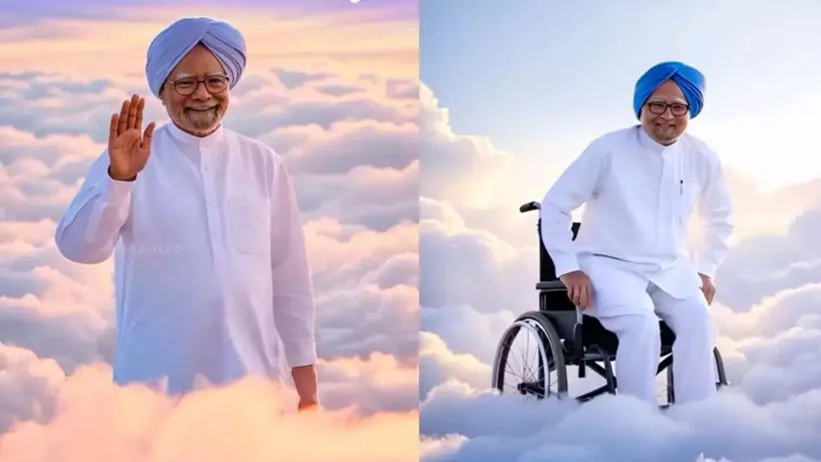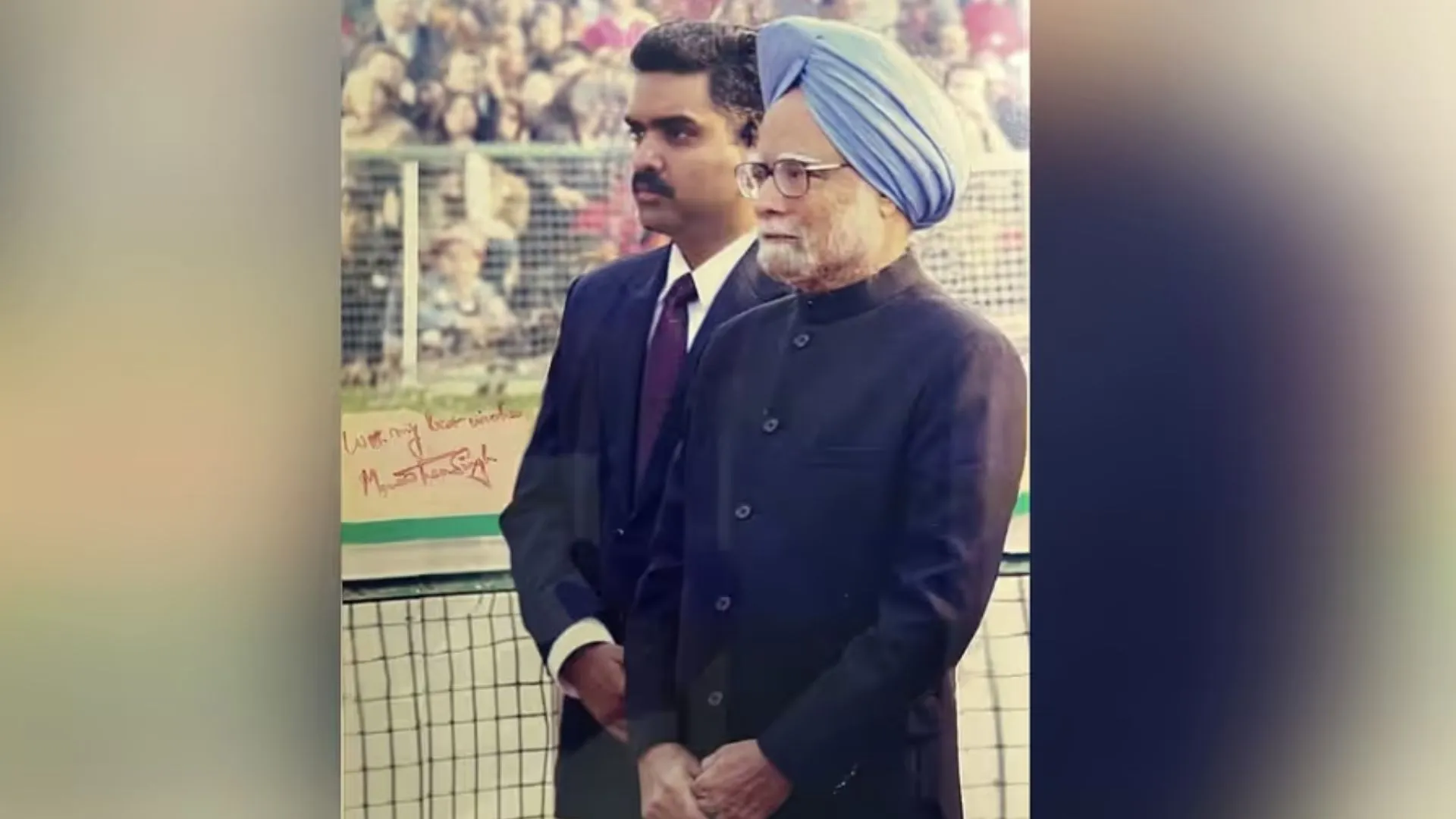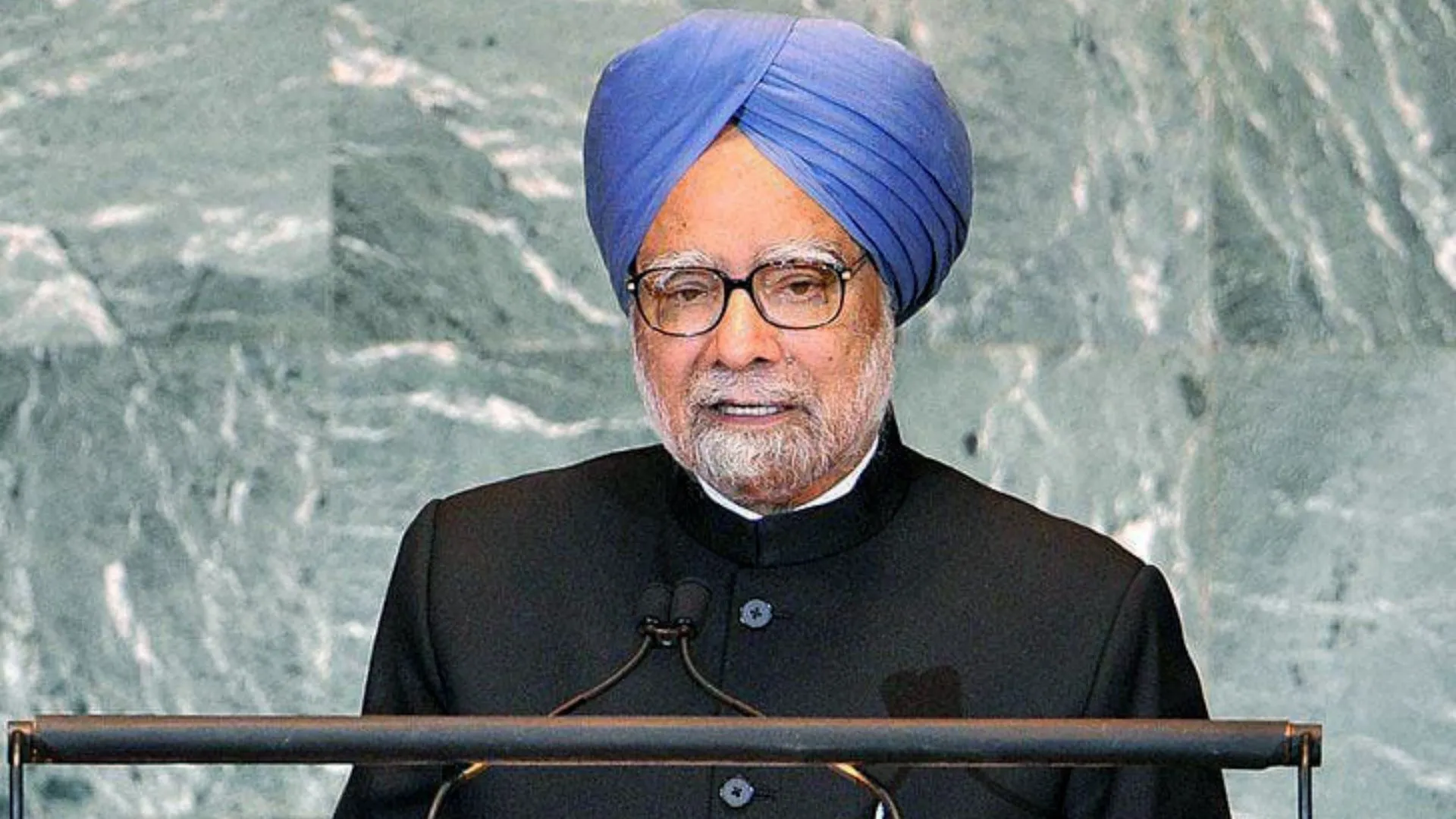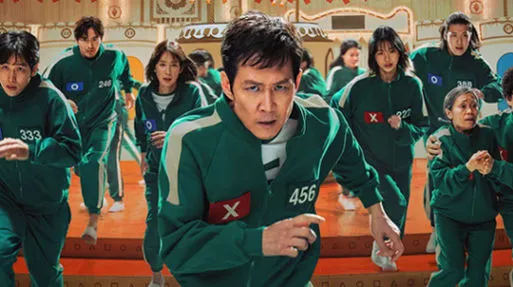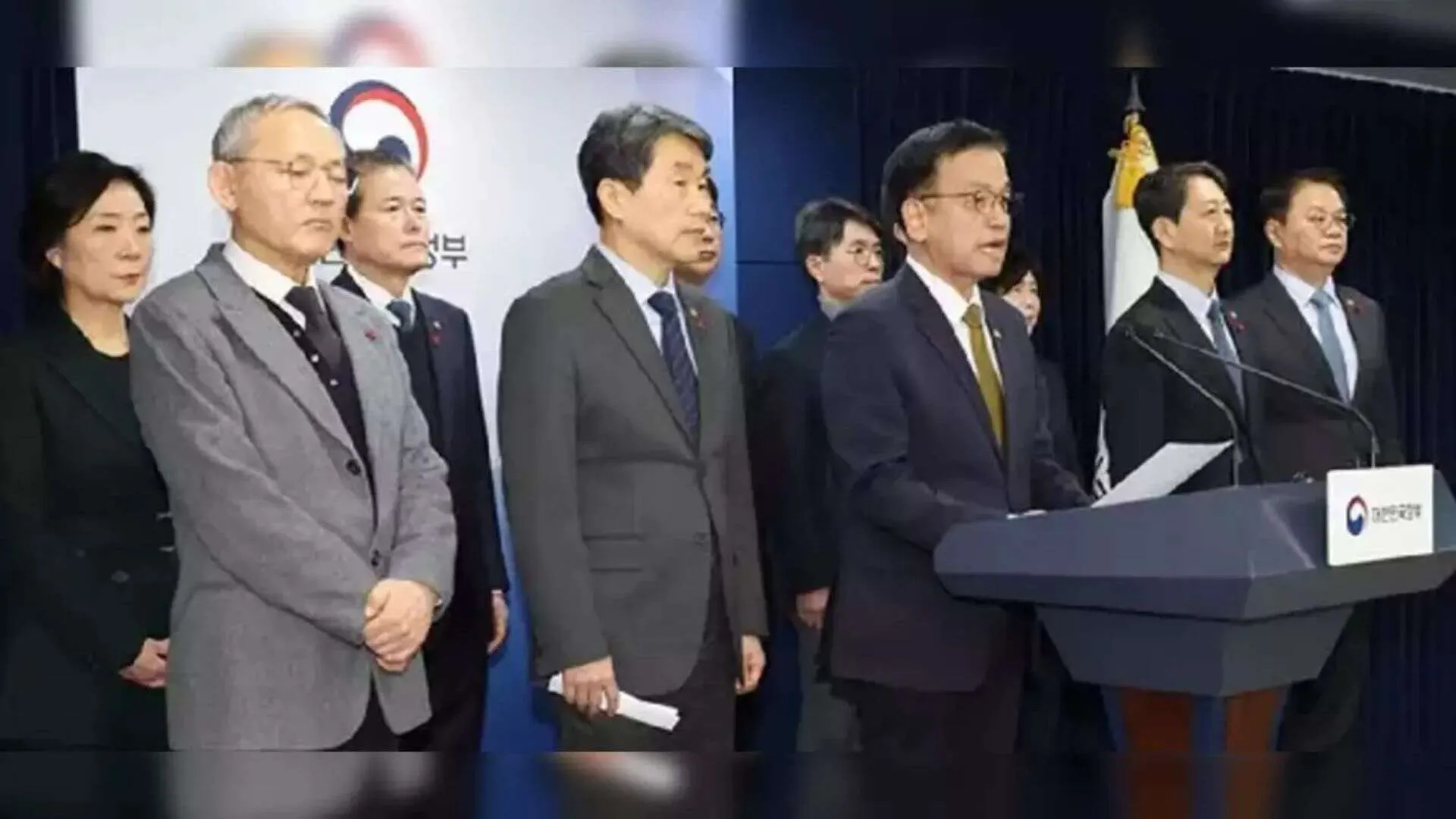After a significant controversy erupted over the naming of an under-construction temple in Delhi’s Burari, Shri Kedarnath Dham Delhi Trust founder Surendra Rautela has decided to take a substantial step. Rautela, overseeing the Bhoomi Pujan of the temple, clarified that the site is a temple and not a pilgrimage center or “dham.” He acknowledged the hurt sentiments and announced the name change of the ‘Delhi Kedarnath temple’. “If sentiments are being hurt by naming the temple to be built in Delhi as Kedarnath Temple, then the trust will change the name of the temple,” he stated.
This decision followed protests by spiritual leaders and priests in Kedarnath against the construction of the temple in Delhi, modeled after the historic Kedarnath temple in Uttarakhand’s Garhwal region. Recently, Uttarakhand Chief Minister Pushkar Singh Dhami participated in the groundbreaking ceremony of the new temple at Hiranki in Burari, Delhi. Rautela emphasized that the Chief Minister, who was invited to the ceremony, has no direct involvement with the temple trust. “Chief Minister Pushkar Singh Dhami is a protector of religion. So, he was invited to the programme of laying the foundation stone of the temple. The CM has nothing to do with the temple trust,” Rautela clarified.
Ayodhya Chief Priest’s Objection
Acharya Satyendra Das, the chief priest of Ayodhya Ram Mandir, objected to the construction of a temple in Delhi similar to Kedarnath in Uttarakhand. He argued that the Kedarnath temple is unique and its sanctity cannot be replicated. He emphasized that the Uttarakhand Kedarnath temple, being the abode of the Adishakti, provides devotees with unique spiritual benefits that cannot be transferred to a temple in Delhi. Acharya Das remarked, “Kedarnath is among the 12 major Jyotirlings. The Kedarnath Jyotirling is all-powerful. The powers of the 12 Jyotirlings are unique and extraordinary in themselves. That is why people undertake hard pilgrimages to go and see them. If a temple is built with the same name at any other place, it will not be included in the 12 Jyotirlings. It will be a completely different temple.”
He further explained that the unique spiritual power associated with the Jyotirlings requires effort and pilgrimage to access, and this power cannot be replicated in any other temple. “It is the Adishakti. Our scriptures mention that the Kedarnath temple has the Dwadash (12th) Jyotirling, which is unique and extraordinary. It won’t be right to build a temple under the same name because it is mentioned in our scriptures that a Jyotirling temple is established because of its effects [in that vicinity]. This effect is unique, so we should let it remain in the same form. If someone builds another temple, then he should build it in another name,” he said.
The Controversy Explained
The controversy surrounding the ‘Delhi Kedarnath temple’ began after a statement by Surendra Rautela, the president of Kedarnath Dham Trust in Burari. Rautela had stated that elderly individuals who cannot travel to Kedarnath Dham can now have Baba’s darshan in Delhi. This statement, along with the construction of the temple, led to significant criticism from religious leaders.
On July 10, Uttarakhand Chief Minister Pushkar Singh Dhami performed Bhoomi Pujan and laid the foundation stone of the Kedarnath temple being built in Hiranki, Burari, Delhi. In response, Jagadguru Avimukteshwaranand Saraswati criticized the government, questioning the feasibility of replicating a dham built by Jagadguru Adi Shankaracharya elsewhere.

